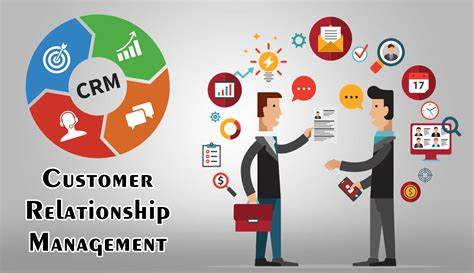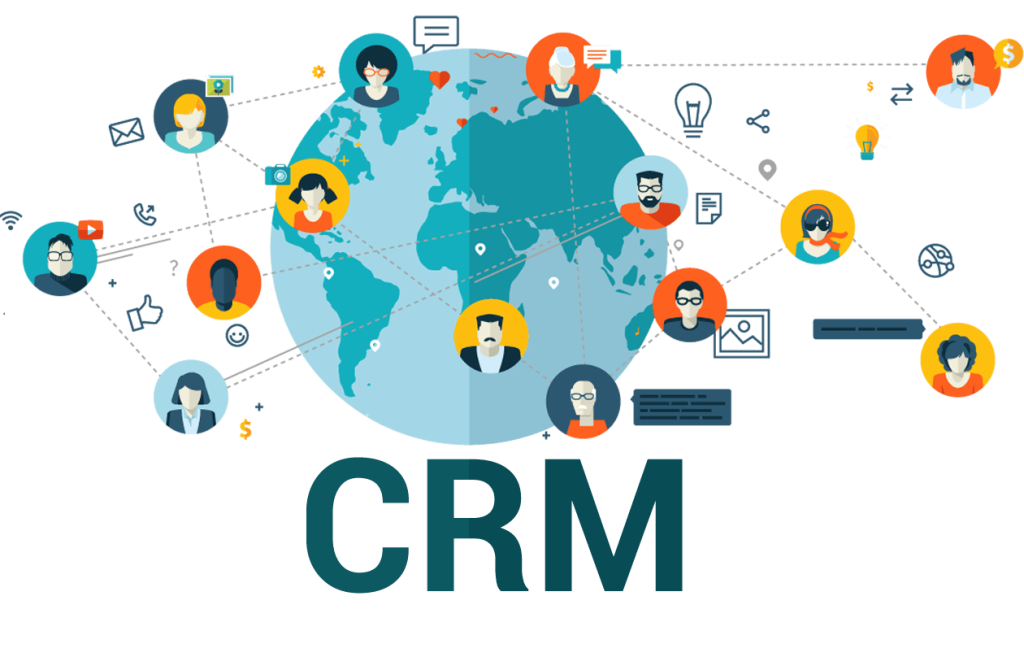With CRM software, you can manage all your customer data in one place, making it easy for everyone at your company to access the information they need. In this article, we’ll teach you how to use a popular CRM software system to centralize your customer data.
What is Customer Relationship Management Software?

Customer relationship management (CRM) software helps businesses manage and track customer interactions in a centralized system. CRM software can help businesses understand customer needs, preferences, and behavior, which can help them create better products and services.
Some of the main features of CRM software include:
-Track customer interactions: CRM software helps businesses track customer interactions in a centralized system. This information can help businesses understand customer needs, preferences, and behavior.
-Manage customer relationships: With CRM software, businesses can manage their relationships with customers more effectively. This can help businesses resolve disputes or complaints quickly, and build stronger relationships with customers over time.
-Gain insights into customer behavior: By understanding how customers interact with your business, you can gain insights into what drives their behavior. This information can help you make better decisions about your products and services. Brokerage CRM
Why You Should Start Using CRM Software
CRM software is powerful tools that can help businesses manage their customer relationships better. By using CRM software, businesses can track customer data and interactions, create custom reports, and send automated messages to customers. Additionally, CRM software can help businesses increase sales by automating the process of contacting and selling to existing customers. So why should you start using CRM software? Here are some reasons:
- Manage Customer Data Better:
One of the best features of CRM software is its ability to manage customer data. This allows businesses to track customer information such as contact details, order history, and more. This data can then be used to create custom reports and send automated messages to customers. By managing this data effectively, businesses can ensure that they know all relevant information about their customers.
- Automate Sales Processes:
Another great feature of CRM software is its ability to automate sales processes. This means that businesses can contact and sell to existing customers much more easily. With CRM software in place, businesses can easily keep track of who has been contacted and how far along the sales process each customer is. This helps businesses make more informed decisions about which customers to outreach next and how best to sell to them.
- Increase Revenue:
One of the biggest benefits of using CRM software is its ability to increase revenue growth for businesses. By automating the process of contacting and selling to existing customers, businesses can increase
Measuring Success in CRM
In order to measure the success of a CRM system, it is important to understand how it works. By understanding its functions and capabilities, you can develop metrics to track progress and make necessary adjustments.
There are three primary ways to measure CRM effectiveness: customer satisfaction, lead conversion rates, and revenue growth. Each metric requires different data collection methods and analysis techniques. To get a complete picture of your system’s performance, use all three types of metrics together.
Customer satisfaction surveys are an inexpensive way to measure customer sentiment and determine how well you’re meeting their needs. You can use survey results as the baseline for measuring improvement over time or as the basis for marketing initiatives.
Lead conversion rates are the percentage of leads that result in a sale or contract. They’re an important metric because they show how effectively your system is capturing potential customers. Lead conversion rates vary depending on your target market and product line, so tracking them is essential for identifying where you need to focus your marketing efforts.
Revenue growth shows how much your company’s revenue has increased over time relative to its size (in terms of active users). Revenue growth can be affected by many factors, so it’s important to benchmark yourself against similar companies in your industry.
There are several other measures you can use to evaluate CRM effectiveness. For example, usage logs can help you determine how often employees are using the system and which features are being used most frequently. System performance data can help
How to Use CRM Software

In order to effectively manage customer relationships and sales, you need CRM software. Many businesses use Salesforce, but there are other options as well. Here’s a guide on how to use these different CRM systems:
Salesforce: Sales force is the most popular CRM system in the world. It is used by many large companies, such as Amazon, Google, and Starbucks. Sales force is free to use for up to five users. If you want to use more than five users, you need to pay a fee. You can manage your customers, leads accounts receivable, and more with Salesforce.
CRM software like Salesforce helps businesses manage their customer relationships better by tracking information about customers and their interactions with your business. This data can help you improve your sales efforts and identify new opportunities.
If you are looking for a CRM system that is easy to use, then Salesforce may be the best option for you. However, if you need more sophisticated features or want to scale up your business, then other options may be better suited for you.
Conclusion
CRM software is an amazing tool that can help your business grow and succeed. By using CRM software, you can keep track of all your customer relationships, sales transactions, and product inventories. This information can help you make better decisions and improve your business operations. If you are interested in learning more about how to use CRM software, please read our article for more information
